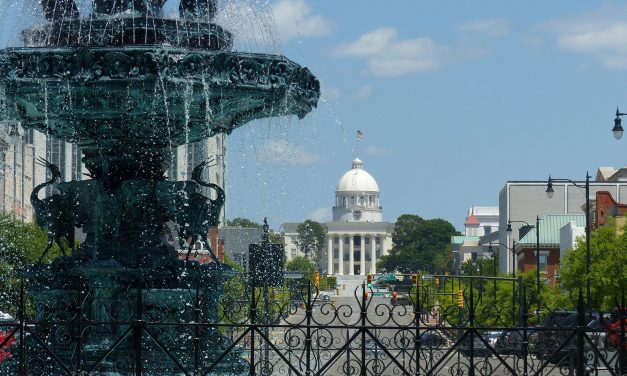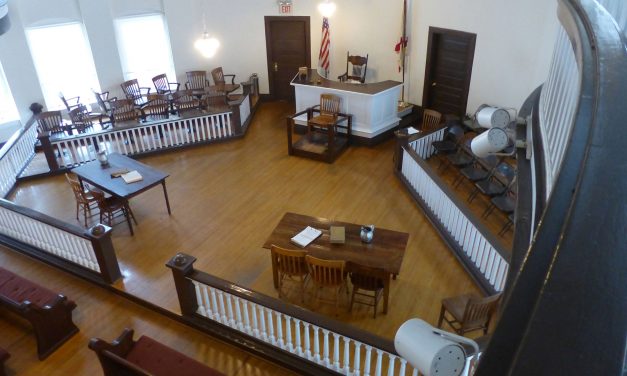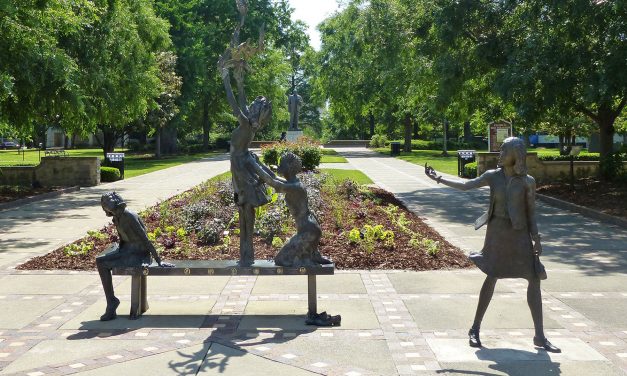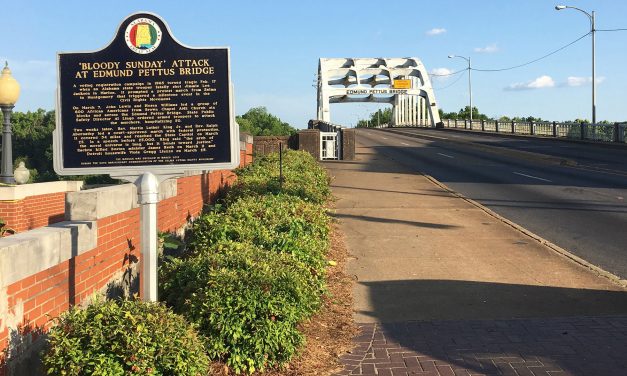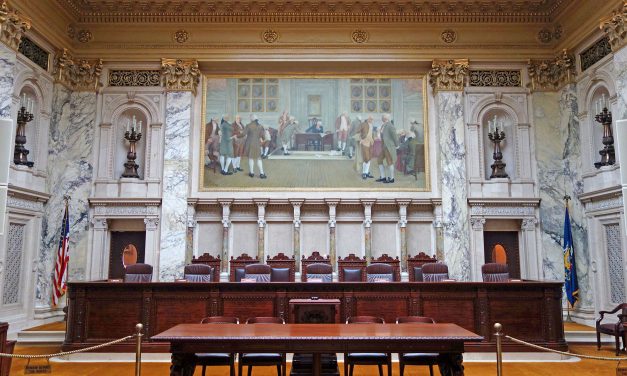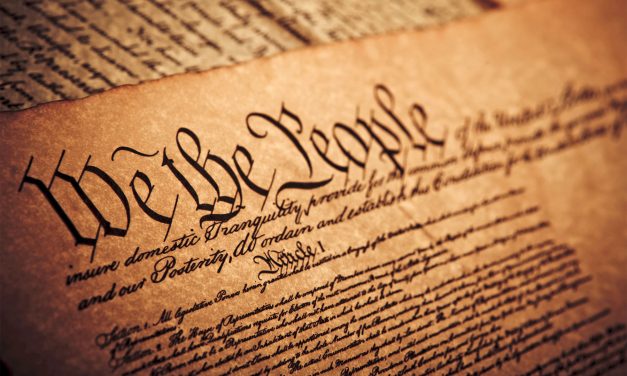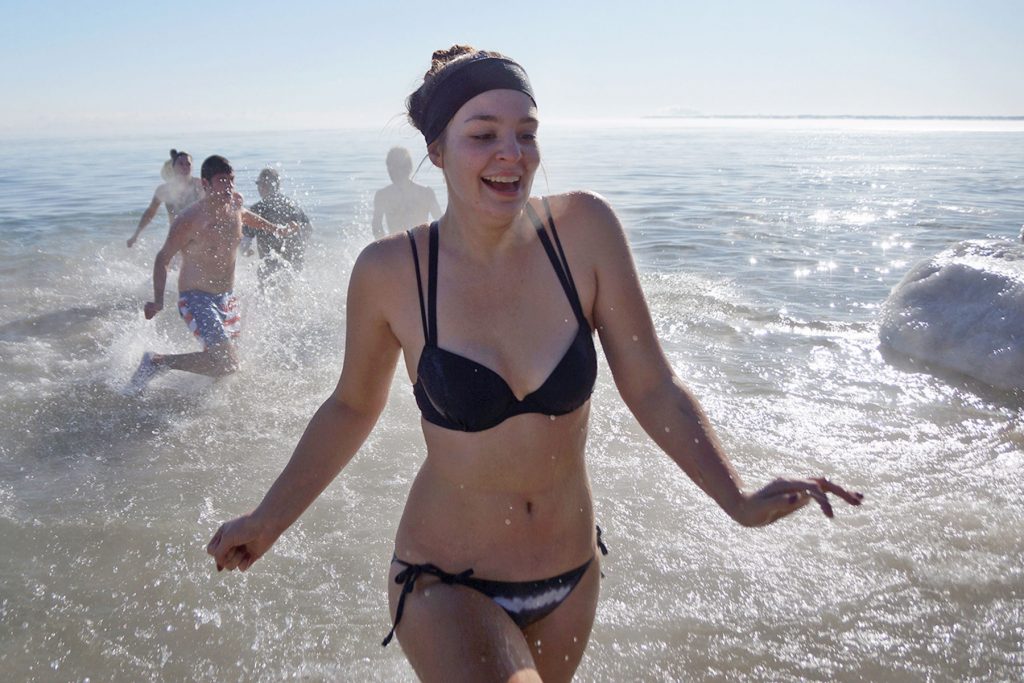Montgomery: A trail of memorials connecting the civil rights struggle to Milwaukee
This article is part of a series that connects Milwaukee’s current social conditions with efforts in Alabama cities to publicly recognize their racial histories, to document the 1960’s Civil Rights Movement, and to extend and expand the Movement’s goals towards peace and reconciliation. Temporary “medallions” painted on the sidewalk announce Montgomery as one of the New York Times 52 places to visit in 2018. Its decade long revitalization plan is visible in building restored buildings, a renewed riverfront, and history-based tourism. It is from here that the Confederate States of America installed its government to fight the Civil War;...
Read More
